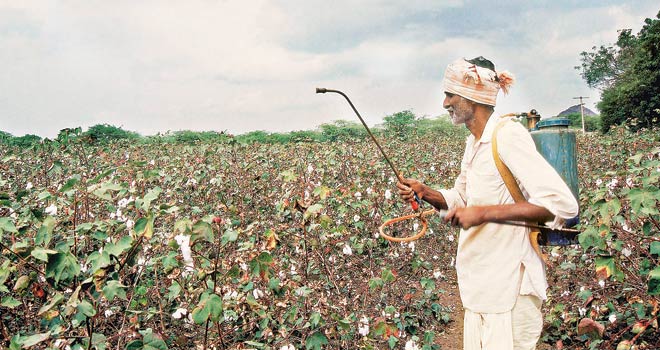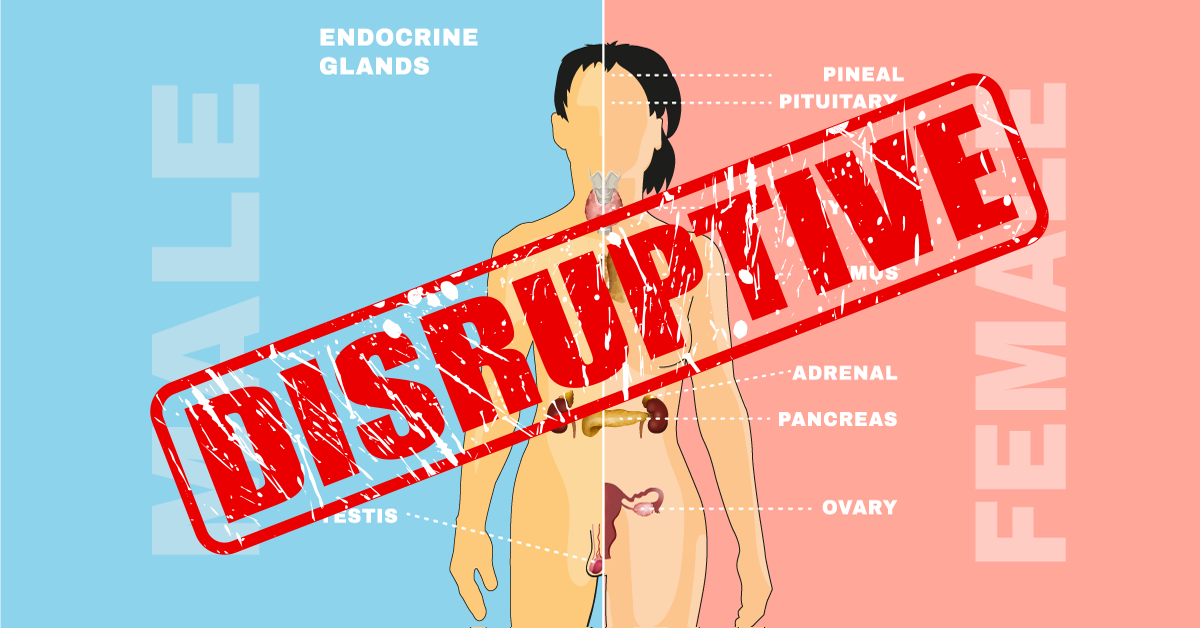6 March 2020 — Sustainable Pulse
Editors’ picks
A new peer reviewed paper published in the international Environmental Sciences Europe journal has focused for the first time on the risk assessment of so-called next generation effects from GM Crops. The review addresses unintended effects that were observed in spontaneous hybrid offspring but absent in the original plants. Some of the risks included a […]
Read more
One of the world’s most widely used glyphosate-based herbicides, Roundup, can trigger loss of biodiversity, making ecosystems more vulnerable to pollution and climate change, say researchers from McGill University in Canada. The widespread use of Roundup on farms has sparked coancerns over potential health and environmental effects globally. Since the 1990s use of the herbicide […] The post Glyphosate-Based Herbicides Trigger Loss of Biodiversity – New Study appeared on …
Read more
Read more on Sustainable Pulse







